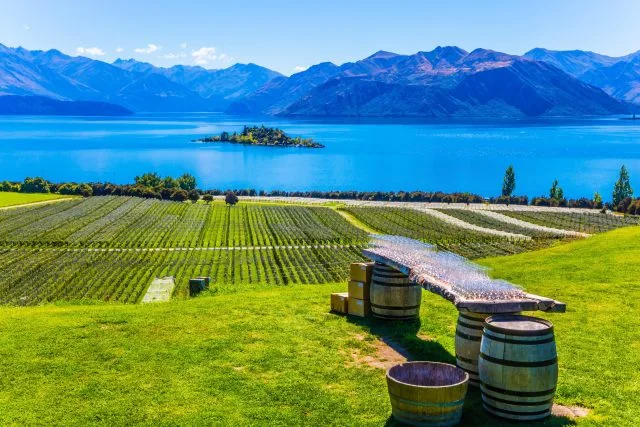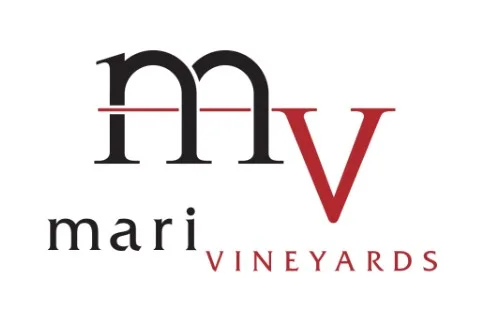With New Zealand expecting a “significantly smaller” 2024 crop than the last two years, Sarah Neish investigates whether the nation’s organic producers could be disproportionately affected. Much excitement has swirled around the uptick in organic wines from New Zealand, with David Babich, CEO of Babich Wines, telling the drinks business last year that organic is the next step up the premium ladder for Marlborough Sauvignon Blanc. But with organic producers tending to yield smaller crops than conventional producers – either as a result of planting fewer hectares due to the labour-intensive vineyard work required to be organic, or because of disease pressure – could the short 2024 harvest throw a spanner in the works for New Zealand’s organic revolution? Or, conversely, might an organic approach work to their advantage this year? The drinks business spoke with producers on the ground to find out. Sarah Booker, president of Organic Winegrowers of New Zealand, reveals that she expects her members’ crops to be around 15% down for 2024 compared with 2023. As to whether organic winemakers are hit harder than conventional winemakers during small harvest years, Booker says it depends on why the overall harvest in New Zealand is down in the first place. “Last year, there was lots of powdery mildew throughout New Zealand, and conventional vineyards suffered badly from that, but organic vineyards fared very well as producers had created an ecosystem that enables vines to combat disease naturally,” she explains. “Conventional viticulturalists don’t trim back the vines as much
This Article was originally published on The Drink Business - Wine





